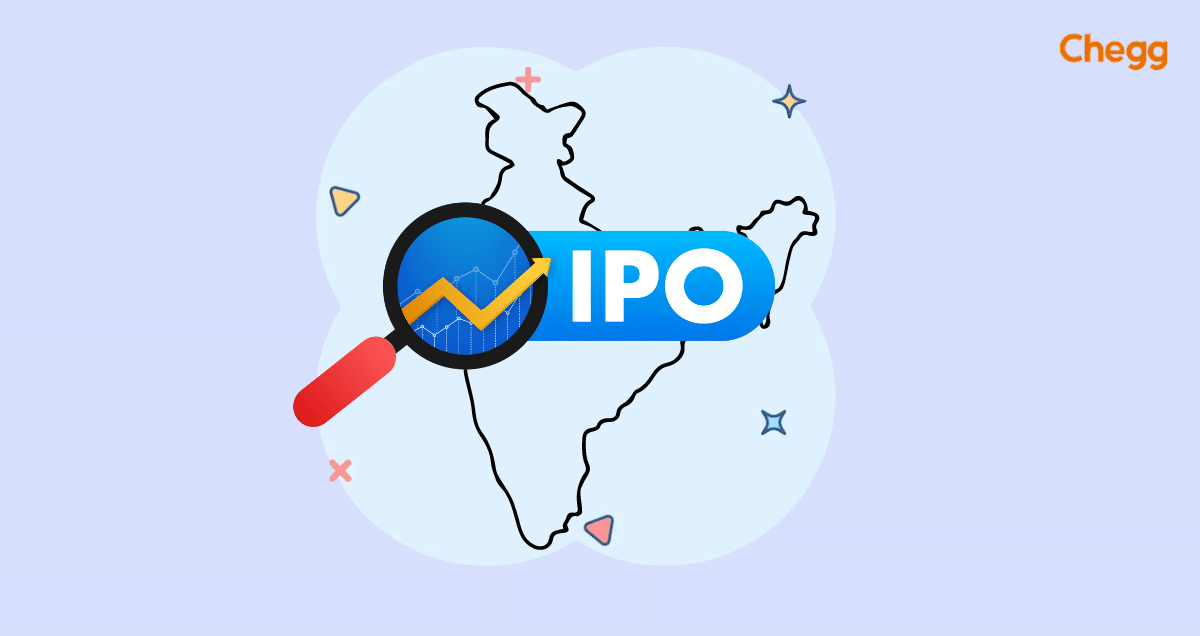

Quick Summary

Initial Public Offerings (IPOs) have become a popular investment avenue in India, allowing investors to buy company shares when they first go public. Some IPOs have become monumental success stories, providing huge returns to investors and marking significant milestones in India’s financial history. In this article, we will explore the most successful IPOs in India, the factors that made them successful, and what lessons investors can learn from them.
An Initial Public Offering (IPO) is the process by which a privately held company offers shares of its stock to the public for the first time. This is a significant milestone for a company, as it transitions from being privately owned to a publicly traded company. The primary goal of an IPO is to raise capital for growth, pay off debt, or fund other corporate needs.
Note: The first IPO in India was launched by DCM Limited in the 1940s, marking the beginning of public equity investment in the country.
India has seen numerous high-profile and successful famous IPO in recent years. These IPOs have garnered significant investor interest and performed well in the market. Here’s a list of the top 10 most successful IPO in India in terms of their performance, investor returns, and market impact:
These Top 10 biggest IPO in India have provided tremendous growth opportunities for investors. While some were more successful in raising capital, others, like Infosys, HDFC Bank, and Coal India, have become iconic examples of long-term wealth creation.
A successful IPO benefits both the company and the investors. Here are the key metrics used to measure the success of an IPO:
Now, let’s dive into the most profitable IPO in India based on these criteria.
Recommended Read:- What Is Angel Investing & How Does It Work?

Investing in IPOs can be exciting, but it requires careful planning and research. Here’s a step-by-step guide to help you invest in the most successful IPO in India NSE.
Before investing in an IPO, it’s essential to research the company thoroughly. Here’s what you should look for:
Market conditions play a crucial role in the success of an IPO. Here are some factors to consider:
Knowing how the IPO process works can help you make informed decisions. Here’s a simple breakdown:
Subscription rates indicate the level of interest in an IPO. Here’s how to interpret them:
When you decide to invest in an IPO, you need to place a bid during the bidding period. Here’s how to do it:
After the bidding period ends, the shares are allocated to investors. Here’s what happens next:
Once the shares are allocated, they will be listed on the stock exchange. Here’s what you need to know:
Investing in most successful IPO in India for long term requires thorough research, understanding market conditions, and following the IPO process carefully. You can increase your chances of making profitable investments by paying attention to the company’s financial health, market sentiment, subscription rates, and long-term potential.
Investing in an Initial Public Offering (IPO) can offer several potential benefits. Here are some key advantages:
1. Growth Potential: IPOs often involve companies with strong growth prospects. By investing early, you can benefit from the company’s potential long-term success.
2. Early Entry Opportunity: Investing at the IPO stage allows you to purchase shares before they start trading on the open market. If the stock price appreciates post-IPO, you could enjoy significant returns.
3. Diversification: Including IPO stocks in your portfolio can enhance diversification, especially if the IPO is from a sector or industry not currently represented in your holdings.
4. Discounted Pricing: IPO shares are sometimes offered at a lower price to attract investors, which could lead to gains when the stock begins trading publicly.
5. Brand Recognition: IPOs are often associated with well-known or promising companies, allowing investors to own a piece of businesses they believe in or resonate with.

Here are some key takeaways for investors, especially when approaching IPOs or other investment opportunities, with a focus on top-performing IPOs in India:
1. Conduct Thorough Research:
2. Assess Your Risk Tolerance:
3. Diversification is Key:
4. Focus on Long-Term Potential:
5. Keep an Eye on Market Trends:
6. Avoid Emotional Decisions:
7. Use Trusted Platforms and Advisors:
The most successful IPO in India has shown that factors like strong brand recognition, market potential, and investor interest significantly influence a company’s ability to deliver impressive returns. Investors analyzing the most successful IPO in India can gain valuable insights to make informed and strategic investment decisions in upcoming offerings.
Some of the highest-return IPOs in India include IRCTC, which delivered a 128% listing gain, and D-Mart, with a 114% gain. Infosys is a long-term standout, offering over 1,000% returns since its listing. These IPOs highlight strong fundamentals and investor demand.
The best IPO to buy now in India depends on your investment goals and risk tolerance. Promising options include LG Electronics India, approved for a ₹15,000 crore IPO, and other top-performing IPOs like Fabtech Technologies. Research thoroughly before investing
Mumbai often leads in IPO subscriptions in India, thanks to its status as the financial capital and home to major stock exchanges like the BSE and NSE. The city’s strong investor base and financial infrastructure make it a hub for IPO activity. Let me know if you’d like more details!
The best IPO in India depends on your investment goals and market conditions. Currently, LG Electronics India is gaining attention with its ₹15,000 crore IPO, and other promising options include Fabtech Technologies. Research thoroughly to align with your objectives!
The success rate of IPOs varies based on market conditions, company fundamentals, and investor sentiment. In India, many IPOs have shown strong listing gains, with some delivering over 100% returns. However, not all IPOs succeed; thorough research is crucial before investing. Let me know if you’d like to explore specific examples!
Some of the most profitable IPO in India’s history include IRCTC, which delivered a remarkable 128% listing gain, and D-Mart (Avenue Supermarts), with a 114% gain on its debut. Over the long term, Infosys has offered over 1,000% returns since its listing.
Saudi Aramco’s 2019 IPO raised $25.6 billion, the most successful IPO of all time. It remains the largest IPO globally, followed by Alibaba’s $22 billion IPO in 2014. Both highlight massive investor interest and scale. Let me know if you’d like details!
The most profitable IPO globally is often considered Saudi Aramco’s IPO in 2019, which raised $25.6 billion, making it the largest IPO in history. It showcased immense investor interest and delivered significant returns. Let me know if you’d like more details!
The biggest IPO in India to date is the Hyundai Motor India IPO, which raised ₹27,870 crore in October 2024. It surpassed the LIC IPO of May 2022, which raised ₹20,557 crore. These IPOs highlight the growing scale of India’s capital markets. Let me know if you’d like more details!
One of the upcoming biggest IPOs in India is Reliance Jio, expected to raise ₹40,000 crore. Other notable IPOs include LG Electronics India with ₹15,000 crore and EbixCash aiming for ₹6,000 crore. These IPOs highlight India’s growing capital market. Let me know if you’d like more details!
The most subscribed IPO in India is Latent View Analytics, which received an overwhelming subscription of 326.49 times during its offering. This highlights the immense demand and investor interest in the company. Let me know if you’d like more details!

Authored by, Amay Mathur | Senior Editor




Amay Mathur is a business news reporter at Chegg.com. He previously worked for PCMag, Business Insider, The Messenger, and ZDNET as a reporter and copyeditor. His areas of coverage encompass tech, business, strategy, finance, and even space. He is a Columbia University graduate.
Editor's Recommendations
Chegg India does not ask for money to offer any opportunity with the company. We request you to be vigilant before sharing your personal and financial information with any third party. Beware of fraudulent activities claiming affiliation with our company and promising monetary rewards or benefits. Chegg India shall not be responsible for any losses resulting from such activities.
Chegg India does not ask for money to offer any opportunity with the company. We request you to be vigilant before sharing your personal and financial information with any third party. Beware of fraudulent activities claiming affiliation with our company and promising monetary rewards or benefits. Chegg India shall not be responsible for any losses resulting from such activities.